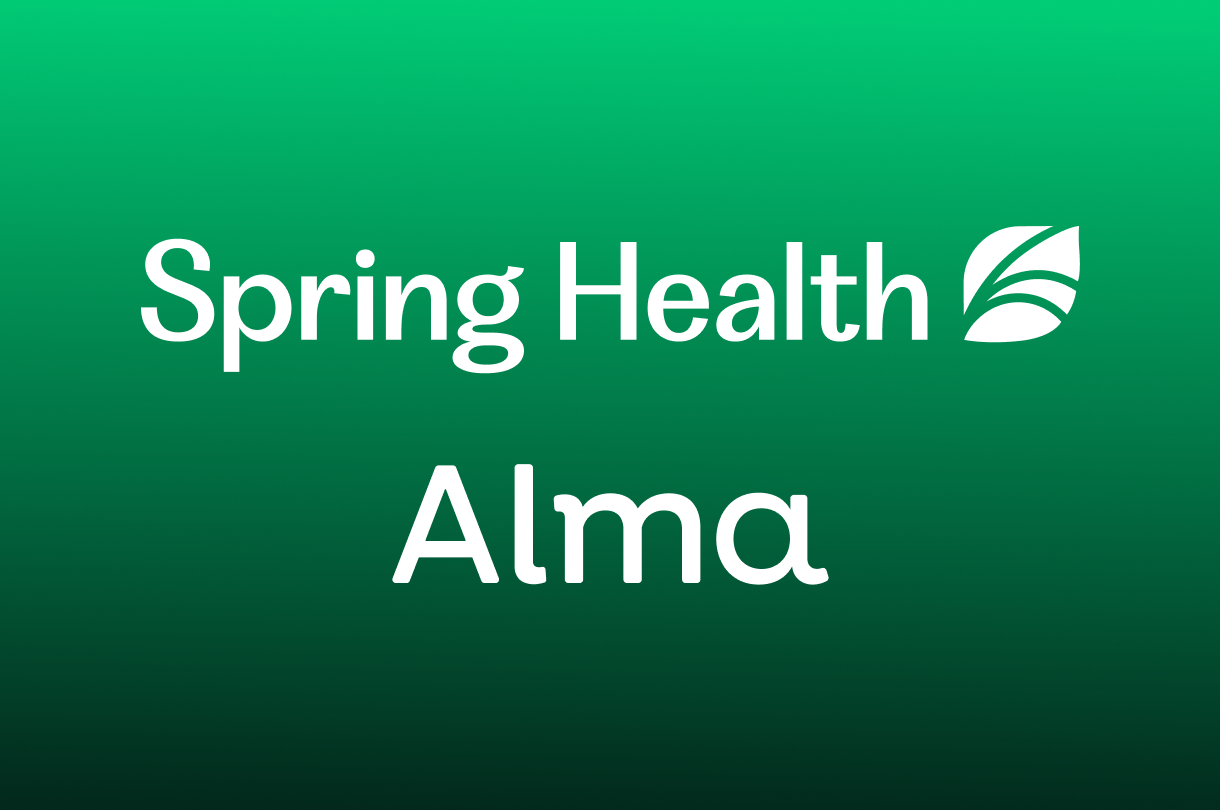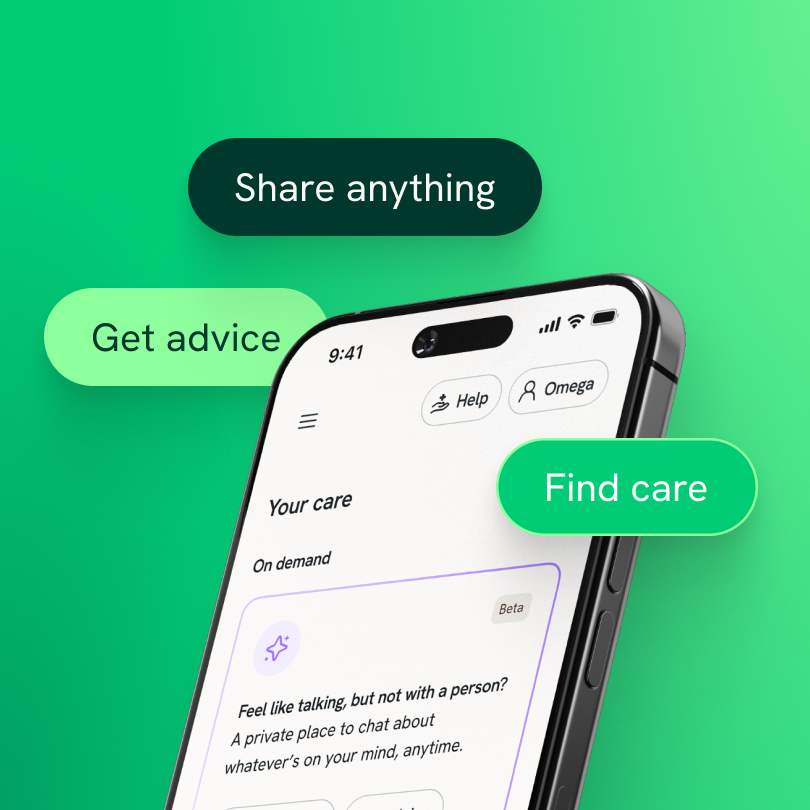Imagine deciding whether or not you’re going to marry someone based only on a glance at their job history and a few pictures of them on social media. Most of us would agree this is a terrible way to make such a profound, life-altering decision. Yet, this hasty, ill-informed process is very similar to what happens when someone seeking mental health care is triaged with technology that hasn’t been clinically validated.
Unfortunately, because the use of technology in the mental health industry is still so new, there are few safeguards in place to weed out helpful technology from unscrupulous or faulty systems. Using an unvalidated app on your phone to diagnose yourself often offers incomplete or frankly false information. Some medical providers may be experimenting with technology that hasn’t been peer-reviewed or vetted in the scientific community.
While unvalidated technology may pick up on a few obvious symptoms, without the rigor of clinical validation, those results can be easily misinterpreted and other problems can go undetected. A speedy but inaccurate diagnosis does more harm than good to a patient seeking care for mental health issues.
What is Precision Mental Healthcare?
Spring Health’s Precision Mental Healthcare reduces the guess-and-check nature of unvalidated triage. Instead of simply checking one or two areas for information, this clinically validated method analyzes data including your specific symptoms and socio-demographic information, and other key history details. Unlike unvalidated apps which might screen for just one or two mental illnesses, Precision Mental Healthcare screens for a full range of potential mental health concerns, from depression and anxiety to ADHD, eating disorders, substance abuse, and more.
This method analyzes data from multiple sources and compares your needs to others with similar problems to recommend the best care plan for you based on what has worked for others in the past. With precision mental health care we can reduce the typical trial-and-error approach that is common today.
In the same way that most of us prefer to thoroughly get to know a person before we decide on whether they’d be a good spouse for us, Precision Mental Healthcare creates a full, data-driven portrait of your mental health before recommending the specific kind of treatment you need.
How does Precision Mental Healthcare work?
Once your thorough profile has been assembled, Precision Mental Healthcare then compares your information to hundreds of thousands of other data points. Like the Google algorithms, this thorough comparison helps skillfully navigate the over 200 diagnoses and 200 care options that are currently available in mental healthcare. With the guidance of a licensed clinician, the results of this comparison are used to match each patient to a custom treatment plan.
How does this work in real life? Let’s say you’re an employee of a multinational corporation. You relish your new position with the company but you’re experiencing a series of symptoms like dizziness, fatigue, increased appetite, and occasional feelings of sadness. If you receive Precision Mental Healthcare, you won’t simply be asked about symptoms that relate to, say, depression and anxiety. You'll be screened for a full range of mental health concerns for a complete picture of your overall mental wellbeing. Through this process, patterns that might be overlooked by an unvalidated technology or app are revealed.
This degree of refinement enables a much more specific diagnosis. Each patient is unique: a set of symptoms, divorced from context, can lead to costly delays in finding the right treatment. The underlying cause of one employee’s dizziness, fatigue, change in appetite, and spells of sadness can be vastly different from what’s causing the same complaints in another employee.
The speed and sophistication of this process is partly due to a process known as “machine-learning.” In essence, a computer studies several years worth of information from anonymous patients until it “learns” how to spot subtle links and patterns between seemingly unrelated symptoms. With a comprehensive set of data, peer-reviewed machine-learning can help rapidly arrive at a diagnosis and help patients start healing immediately.
What are the benefits of Precision Mental Healthcare?
By mostly eliminating the delays inherent in trial-and-error based methods, Precision Mental Healthcare leads to eight weeks faster recovery on average when compared to traditional diagnostic methods. Patients are also twice as likely to recover with the benefit of Precision Mental Healthcare than without it. When an employee is able to find the precise help they need when they need it, they are usually able to avoid having to experiment with costly drug regimens that may or may not work.
For HR professionals, this quick recovery time is not only great for helping to boost productivity, but it also can dramatically raise workforce morale. For employees, knowing that your company’s health care plan is designed to take care of you creates a feeling of well-being.
The increased accuracy of the process also results in a feeling of trust. Successful mental healthcare requires a degree of nuance and participation from both the patient and the administering physician. Inaccurate diagnosis after inaccurate diagnosis can make it difficult for patients to trust that their newest treatment guidelines are right for them.
In terms of an organizational investment strategy, Precision Mental Healthcare can also act as preventative medicine for your workforce. Some studies have shown that Precision Mental Healthcare can predict certain mental illnesses, such as suicidal behavior, more efficiently than current standardized methods.
The Patient Health Questionnaire, known as the PHQ, is considered to be an excellent way to gather information about problems patients may be experiencing. However, in a recent peer-reviewed study, a data-driven technological model was able to predict suicidal behavior about 10% more accurately than a relevant question on the PHQ.
While extensive research and data-refinement is still being performed in this field, this initial result offers a promising glimpse into the future of Precision Mental Healthcare. The more data we gather, the more we can help patients successfully treat mental illness. By reducing the stigma around treatment methods, we create a much healthier and more productive world.
Spring Health’s Precision Mental Healthcare
Spring Health bases our Precision Mental Healthcare on peer-reviewed, clinically-validated papers published in leading medical journals. Our network of scientific advisors, physicians, and specialists works tirelessly to refine our diagnostic methods based on the latest information and studies. From the effects of exercise on combating depression to analyzing which antidepressants work best for specific symptoms, our continuous research process allows us to offer our members the highest standard of care.
We believe that every patient is unique, and therefore deserves care that is uniquely suited to them. Whether your company is just starting out or has been in business for decades, Spring Health offers customized care for all of your employees. Our emphasis on research and precise, data-driven diagnostics qualifies us to handle all of your workforce’s potential care needs, from mindfulness sessions to clinical visits. By using clinically validated methods, we combine the latest scientific standard with the accessibility and ease of contemporary technology.
The more we understand, the less we have to fear. For more details about what we can do for you and your team, contact us to learn more about what Spring Health offers.






.png)











.jpg)


















